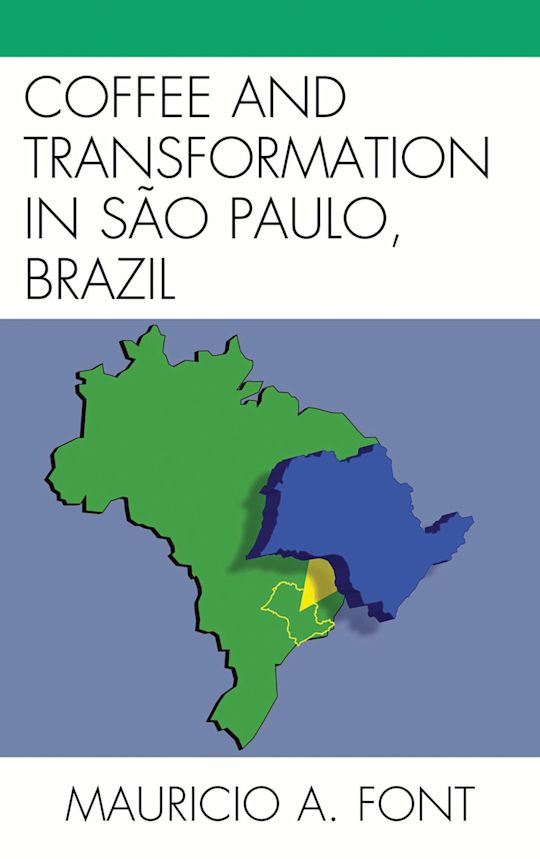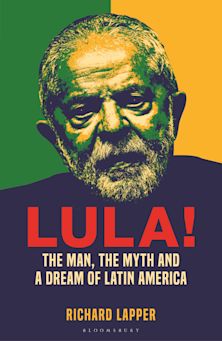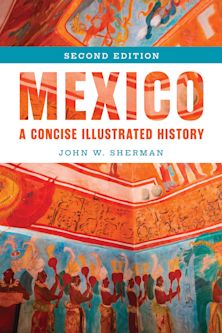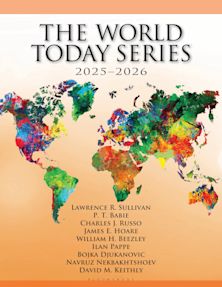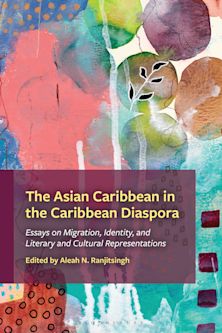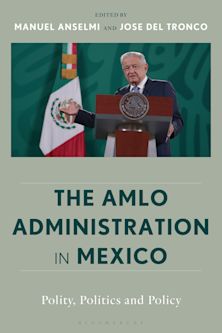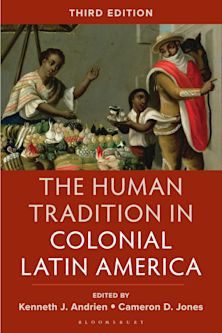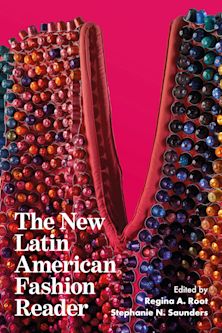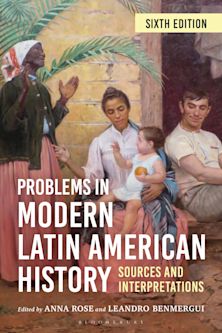- Home
- ACADEMIC
- History
- Latin American History
- Coffee and Transformation in Sao Paulo, Brazil
Coffee and Transformation in Sao Paulo, Brazil
You must sign in to add this item to your wishlist. Please sign in or create an account
Description
Coffee and Transformation in São Paulo, Brazil advances a distinctive interpretation of the dynamism of the São Paulo region since the latter part of the nineteenth century. Large and entrepreneurial coffee landlords opened the frontier to the west of the state capital, playing a key role in making the state and Brazil the world's largest coffee producer for international markets. However, many of the immigrant settlers from Italy, Japan, Spain, and other countries emerged as major actors in the last phase of frontier expansion in western São Paulo. A substantial number of them found ways to become independent agriculturalists or enact new careers in commerce, industry, and services in the network of towns emerging in this region. This volume pays close attention to the political and economic implications of this region's process of segmentation and transformation, including their links to regionalism, political conflict, and the Revolution of 1930.
Table of Contents
Chapter 2 Chapter 1-Introduction
Part 3 Part I-Export Sector Organization, Contention, and Structural Change
Chapter 4 Chapter 2-Planters and Independent Agriculture
Chapter 5 Chapter 3-Elite Mobilization and Policy-Making
Chapter 6 Chapter 4-Coffee and Industrialization
Part 7 Part II-Politics: The Quest for Hegemony
Chapter 8 Chapter 5-A Changing Polity
Chapter 9 Chapter 6-From Export Sector Segmentation to Power Struggle
Chapter 10 Chapter 7-Coffee and the Revolution of 1930
Chapter 11 Chapter 8-From Contention to Revolution
Chapter 12 Chapter 9-Demise of an Old Regime
Chapter 13 Chapter 10-Epilogue: A Great Transformation in São Paulo
Chapter 14 Appendix A-Notes on Agrarian and Structural Change
Chapter 15 Appendix B-Background Notes on Political Change
Chapter 16 Bibliography and Comment
Product details
| Published | Jul 09 2010 |
|---|---|
| Format | Ebook (Epub & Mobi) |
| Edition | 1st |
| Extent | 394 |
| ISBN | 9781461633167 |
| Imprint | Lexington Books |
| Publisher | Bloomsbury Publishing |
About the contributors
Reviews
-
An earlier entire generation of scholars accepted the equation that during the Old Republic (1889-1930), the increasingly wealthy coffee planters of São Paulo dominated its political activities in lockstep with their financial ascendance. In his 1990 study, however, Mauricio Font (Coffee, Contention, and Change in the Making of Modern Brazil, CH, May'91, 28-5265) questioned this widely taught premise, and he demonstrated unequivocally that politics in São Paulo were decidedly not unilateral. He did so by singling out the roles of other interests, including those of factory owners and immigrants, which had consistently challenged the domination of the so-called "coffee elite." In this updated reissue of his 1990 volume, Font (sociology, Queens College, CUNY) has reprised his pioneering research while substantially adding to his database and incorporating theories of social involvement and development....Several appendixes and a new online database that present material on the shift from oligarchic to diverse political structures enhance Font's valuable thesis. Summing Up: Highly recommended.
Choice Reviews
-
Font's book, a detailed look into the fractions and fissures in the machine, demonstrates that the PRP had lost its monolithic quality by 1920....Font convincingly answers the question of how the dominant party in the nation's wealthiest state produced presidents who worked against coffee interests and lost control of the national machine the 1930 coup. His book is a very good study of how economic diversification helped modernize Brazilian politics.
Agricultural History
-
The contours of modern Brazil can be traced to the great social and political transformations that rocked São Paulo prior to 1930. Combining theoretical rigor and a graceful style, Mauricio Font's superb volume shines a bright light on the historical forces that did so much to shape the destiny of one of the most fascinating societies in the world today.
Thomas J. Trebat, Columbia University
-
This revised version of Coffee and Transformation in São Paulo, Brazil, by Professor Mauricio Font, makes an important contribution to better understanding the interaction of social, political, and economic forces in Brazil's most developed state during the 1890-1930 period, when São Paulo's economy was transformed from an agricultural base into an industrial powerhouse. I strongly recommend this book to those interested in Brazil's development in the twentieth century.
David Fleischer, University of Brasília









